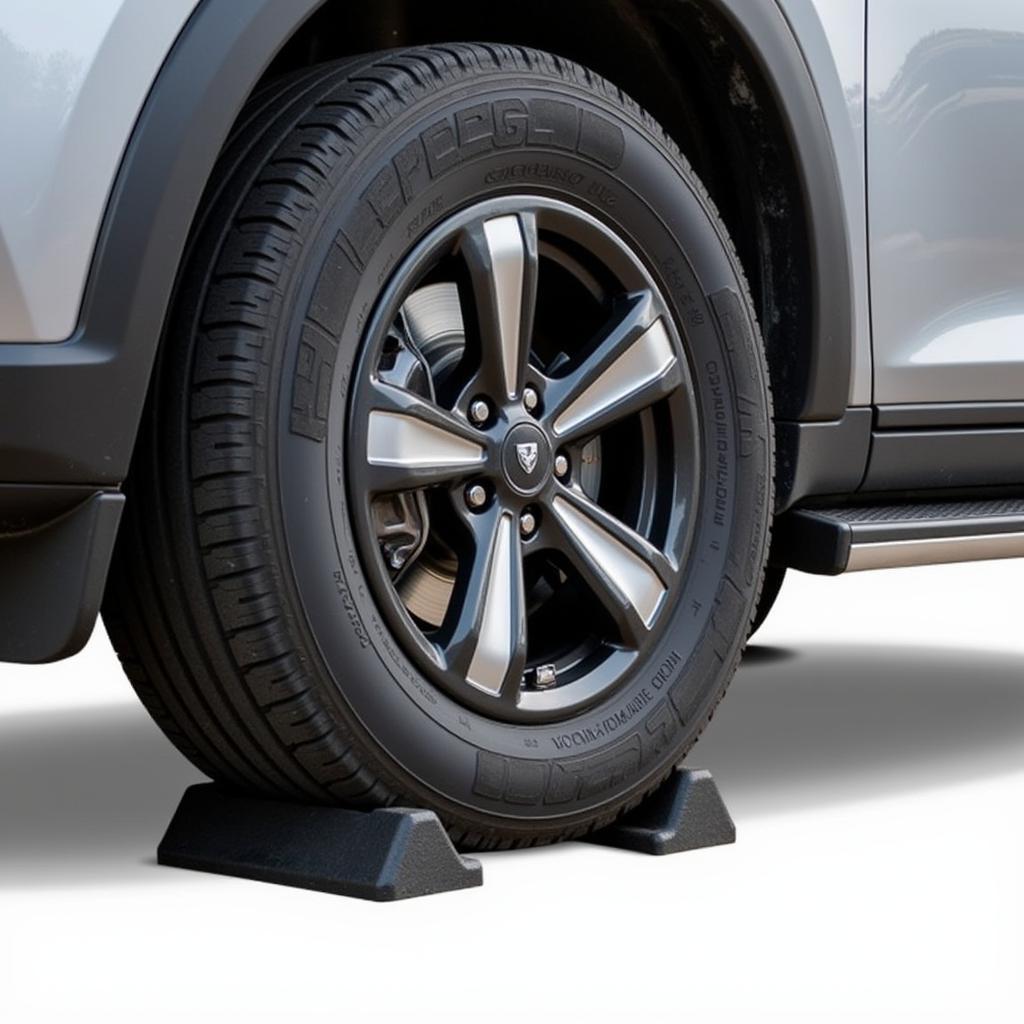Maintaining your car is crucial, not just for its longevity but also for your safety and your wallet. Ignoring regular upkeep can lead to costly repairs down the line, decreased fuel efficiency, and potentially dangerous driving conditions. This article will delve into the reasons why prioritizing car maintenance is so vital.
Keeping Your Car Running Smoothly: The Benefits of Regular Maintenance
Routine car maintenance is like giving your vehicle a regular health check-up. Just as we visit the doctor for preventative care, our cars need attention to prevent problems from arising. Performing maintenance on your car offers a multitude of benefits, including:
- Enhanced Safety: Regular brake checks, tire rotations, and fluid top-offs ensure your vehicle operates safely, reducing the risk of accidents caused by mechanical failure.
- Improved Fuel Efficiency: A well-maintained engine runs more efficiently, leading to better gas mileage and cost savings at the pump. Simple tasks like air filter replacements can make a noticeable difference.
- Extended Vehicle Lifespan: Consistent maintenance helps prevent wear and tear on critical components, extending the life of your car and delaying the need for a costly replacement.
- Higher Resale Value: A car with a documented maintenance history is more attractive to potential buyers, commanding a higher resale price.
- Peace of Mind: Knowing your car is in good working order provides peace of mind, allowing you to focus on the road ahead without worrying about potential breakdowns.
Why Ignoring Car Maintenance Can Cost You
Neglecting your car’s maintenance needs can have significant consequences, both financially and in terms of safety. Ignoring seemingly minor issues can escalate into major problems requiring expensive repairs. For example, a small oil leak can eventually lead to engine failure, a far more costly fix.
- Costly Repairs: What starts as a minor issue can quickly snowball into a major repair bill if left unattended. Regular maintenance helps identify and address problems early on, saving you money in the long run.
- Decreased Fuel Efficiency: Worn-out spark plugs, clogged air filters, and other maintenance issues can significantly reduce your car’s fuel economy, hitting your wallet hard at the gas station.
- Safety Hazards: Neglecting brake maintenance, tire rotations, or steering system checks can create dangerous driving conditions, putting yourself and others at risk.
- Voided Warranties: Some manufacturers require documented proof of regular maintenance to maintain the validity of your car’s warranty. Skipping scheduled maintenance could void your coverage.
What Maintenance Does Your Car Need and When?
Understanding your car’s specific maintenance needs is crucial. Consult your owner’s manual for a recommended maintenance schedule. This schedule will outline the recommended intervals for tasks such as oil changes, tire rotations, and fluid replacements. While specific schedules vary, some common maintenance tasks include:
- Oil Changes: Regular oil changes are essential for lubricating the engine and preventing excessive wear.
- Tire Rotations: Rotating your tires helps ensure even wear, extending their lifespan and improving handling.
- Brake Inspections: Regular brake inspections are critical for maintaining safe stopping distances and preventing brake failure.
- Fluid Top-offs: Keeping your car’s fluids, such as coolant, brake fluid, and power steering fluid, at the proper levels is crucial for optimal performance and preventing damage to critical components.
- Air Filter Replacements: Replacing your air filter regularly ensures clean air flows into the engine, improving fuel efficiency and performance.
Why It’s Important to Perform Maintenance on Your Car: In Conclusion
Performing maintenance on your car isn’t just about keeping it running smoothly; it’s about prioritizing your safety, protecting your investment, and saving money in the long run. By following a regular maintenance schedule, you can avoid costly repairs, improve fuel efficiency, and extend the life of your vehicle. Don’t wait until something breaks down. Proactive maintenance is the key to a happy and healthy car.
For expert advice and assistance with your car maintenance needs, connect with us at AutoTipPro. Call us at +1 (641) 206-8880 or visit our office at 500 N St Mary’s St, San Antonio, TX 78205, United States.
Quote from John Smith, ASE Certified Master Technician: “Regular maintenance is like an insurance policy for your car. It’s a small investment that can save you from major headaches down the road.”
Quote from Jane Doe, Automotive Engineer: “A well-maintained car is a safer car. Regular checks and preventative maintenance can significantly reduce the risk of accidents caused by mechanical failure.”
FAQ
- How often should I change my car’s oil? Consult your owner’s manual for the recommended oil change interval. It typically ranges between 3,000 and 7,500 miles.
- What are the signs of worn brakes? Squealing or grinding noises, a spongy brake pedal, and reduced braking performance are all signs of worn brakes.
- How do I know if my tires need to be rotated? Uneven wear patterns on your tires indicate the need for rotation.
- What is the purpose of coolant? Coolant regulates the engine’s temperature, preventing overheating.
- Why is it important to replace the air filter? A clean air filter ensures optimal airflow to the engine, improving fuel efficiency and performance.
- How can I find a reliable mechanic? Ask for recommendations from friends and family or check online reviews for local auto repair shops.
- What should I do if my car breaks down? Pull over to a safe location, turn on your hazard lights, and call for roadside assistance.





Leave a Reply